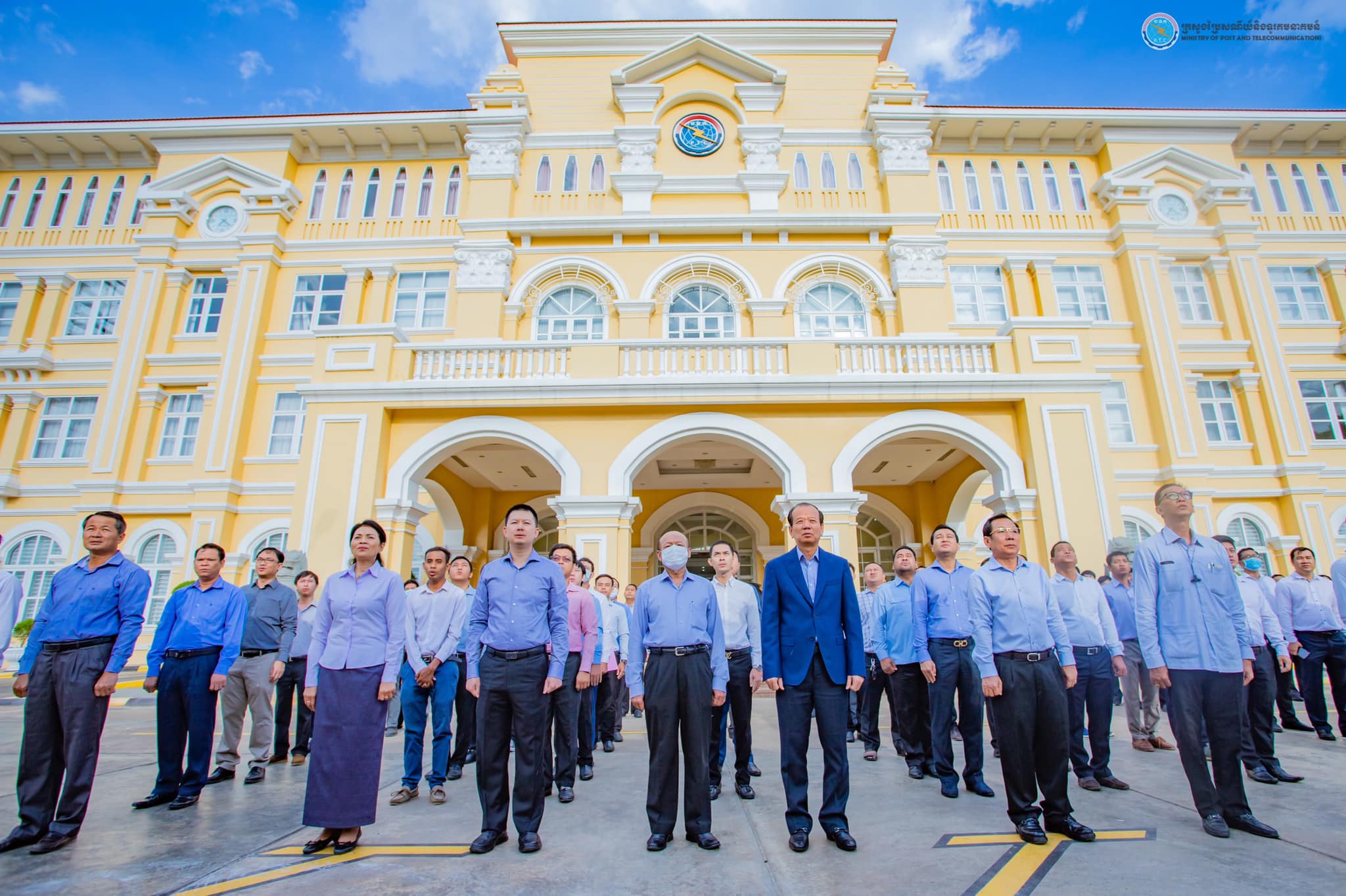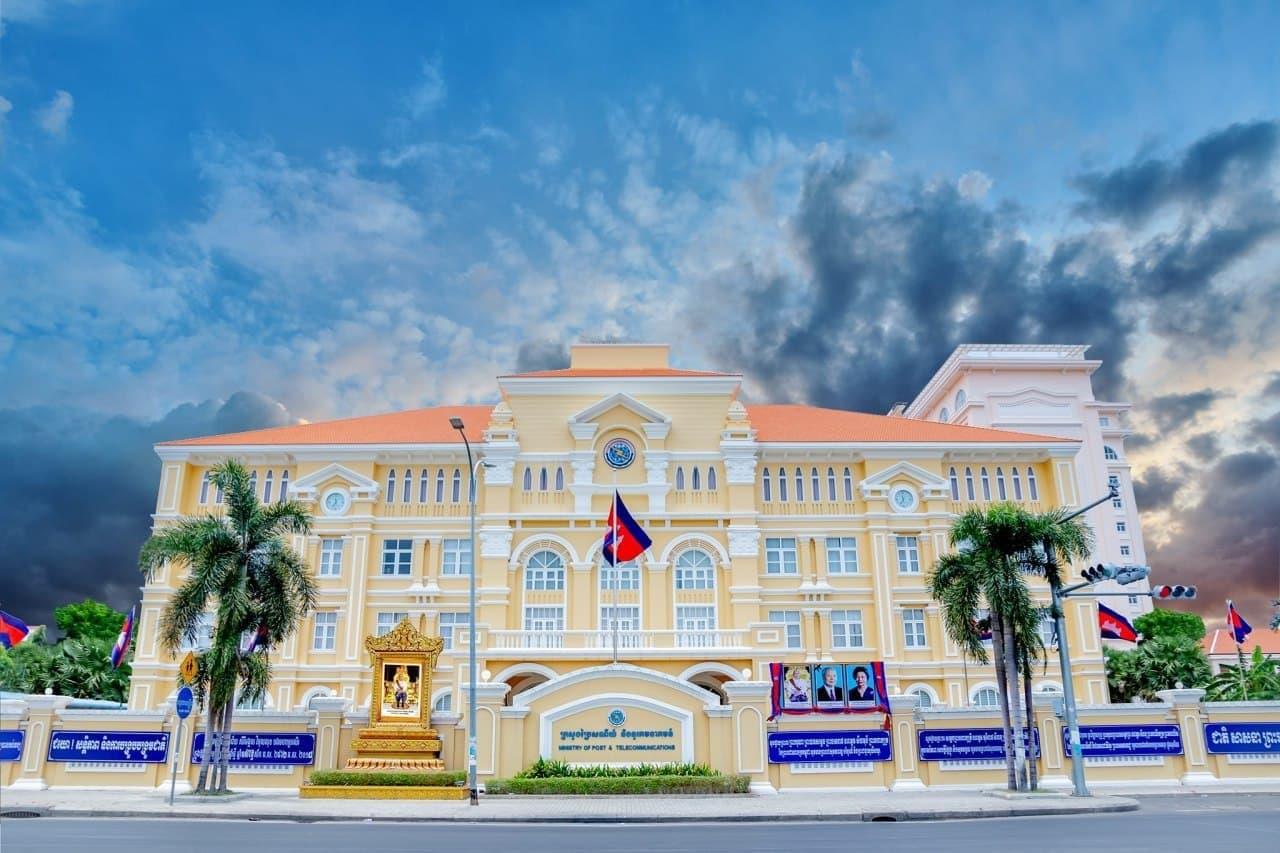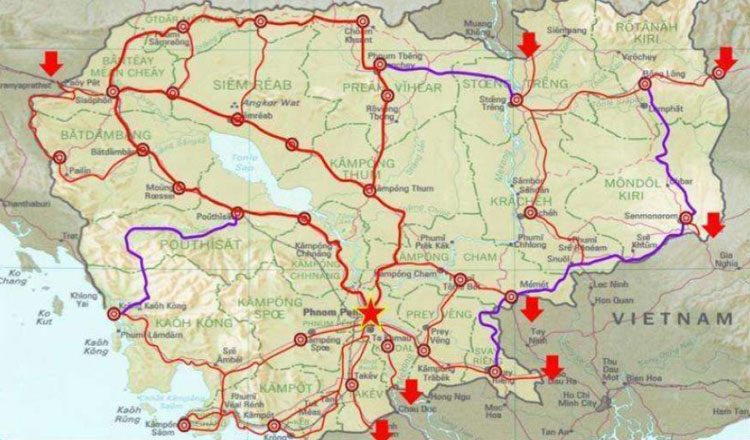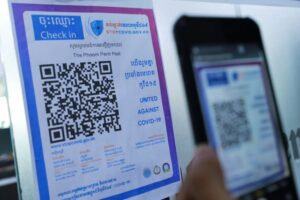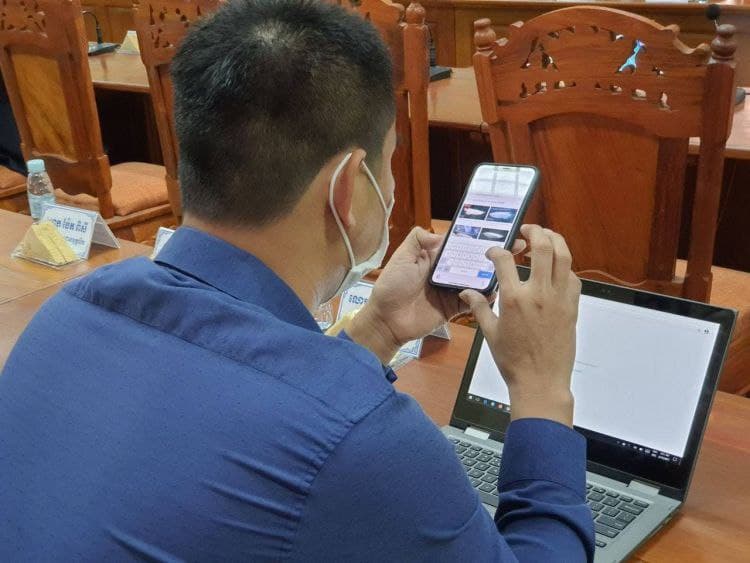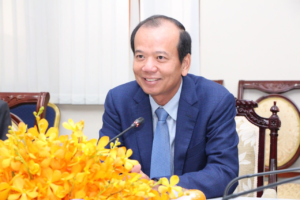Ministry grants ISP licences in move to remove illegal providers
The Ministry of Posts and Telecommunications (MPTC) announced it has granted 49 internet service providers (ISP) licences to continue operating. Chea Vandeth, minister of Posts and Telecommunications, cited in the announcement the need to organise the telecommunications sector and the taking of measures against licencees who failed to comply with laws and regulations.
The MPTC announcement specifically called on telecommunications operators to neither cooperate with, or sell wholesale internet access to unlicensed internet service retailers to package on to end-users. The announcement also informed the public that they must stop using internet service supplied by unlicensed businesses.
Operators and the public are encouraged to ascertain the legitimacy of internet providers by checking the up-to-date list of licensed operators on the Telecommunications Regulator of Cambodia (TRC) website at www.trc.gov.kh. That agency also requests that awareness of any businesses providing illegal internet service be reported to the TRC at 012 733 350 or 017 505 191.
Cambodia boasts one of the fasting-growing populations per capita of “netizens” in the world. Net penetration stood at 52.6 percent as of January, growing by 1.1 million users since last year, according to digital data report website Datareportal.
Popular ISPs, including EZECOM, Smart Axiata, Sabay Digital and China Unicom, retained their licences, according to documents reviewed by Khmer Times.
Notably, BDKtel, which had its licences suspended last October, did not have its permit reinstated.
Emaxx Telecom and Cambodia Advanced Communications, both of which had their licences revoked last October, were also not on the list.
At the time, Telecommunications Regulator of Cambodia spokesman, Im Vutha, said to local media that the decision was made as the result of those firms’ failure to declare revenues and pay taxes.
Last month, Prime Minister Hun Sen signed a sub-decree announcing the establishment of a national internet gateway (NIG). He said the NIG is intended to help create a single point of entry for web traffic to help further secure users’ data.
The MPTC believes that the NIG will save the Kingdom about 30 percent of the costs associated with internet infrastructure expenditure each year.
The NIG will require constant monitoring in at least four different locations in Cambodia. These include the capital as well as Preah Sihanouk, Svay Rieng and Banteay Meanchey provinces.
While the exact cost to establish the facilities has yet to be determined, they will need to be monitored 24/7 by a team of professionals to ensure that there is no downtime, according to experts. MPCT was unable to provide a comment on that costing yesterday.
The ministry has also said that it would work closely with ISPs in order to ensure internet speed is not affected. Experts from the finance and e-commerce sectors have said they are reserving their right to comment until more information is available on the matter.
Detractors of the NIG have likened it to China’s internet-monitoring system.
Phil Robertson, deputy Asia director for Human Rights Watch, said the move was a “dangerous blow against internet freedom and e-commerce”.
The Asia Internet Coalition (AIC), a trade association co-founded by eBay, Google, Nokia, Skype and Yahoo!, decried the NIG, saying that it “raises grave concerns about freedom of expression, media censorship and user privacy”.
However, it is worth noting that firms including Facebook, Amazon, Cloudflare and Twitter have all faced heavy criticism for invading users’ privacy and profiting from their personal data and are also members of AIC.
The prime minister has said the NIG will prevent these firms from accessing users’ private information to stop them from being monetised.
Google searches for virtual private networks in Cambodia jumped by 35 percent on Feb 18, the day following the announcement. Khmer Times

